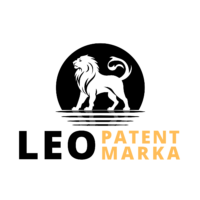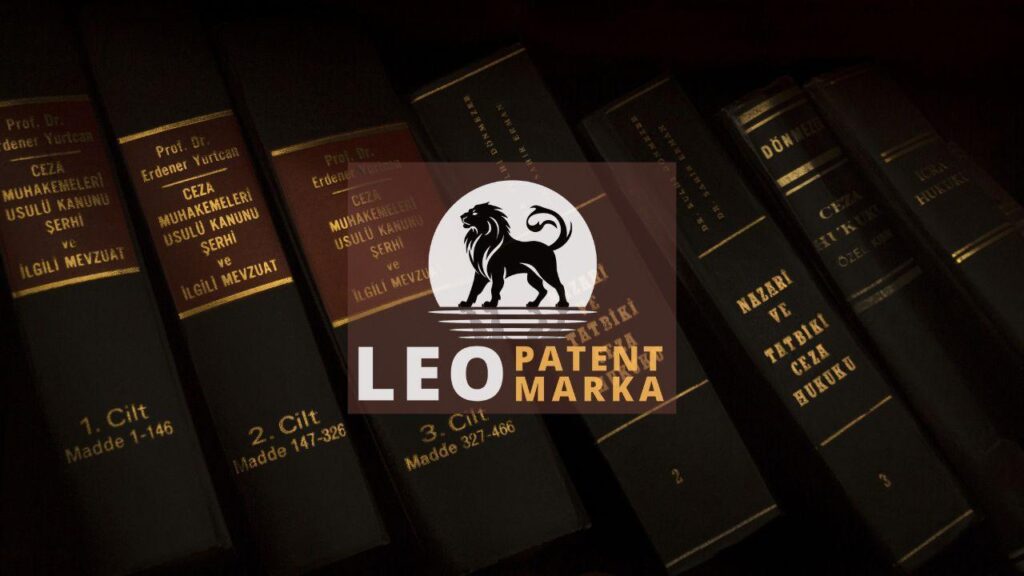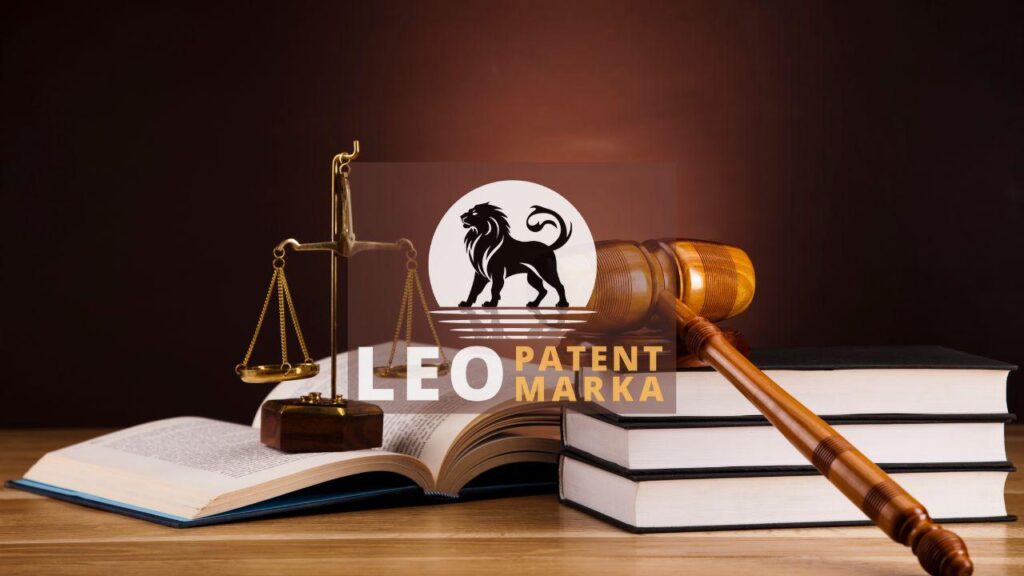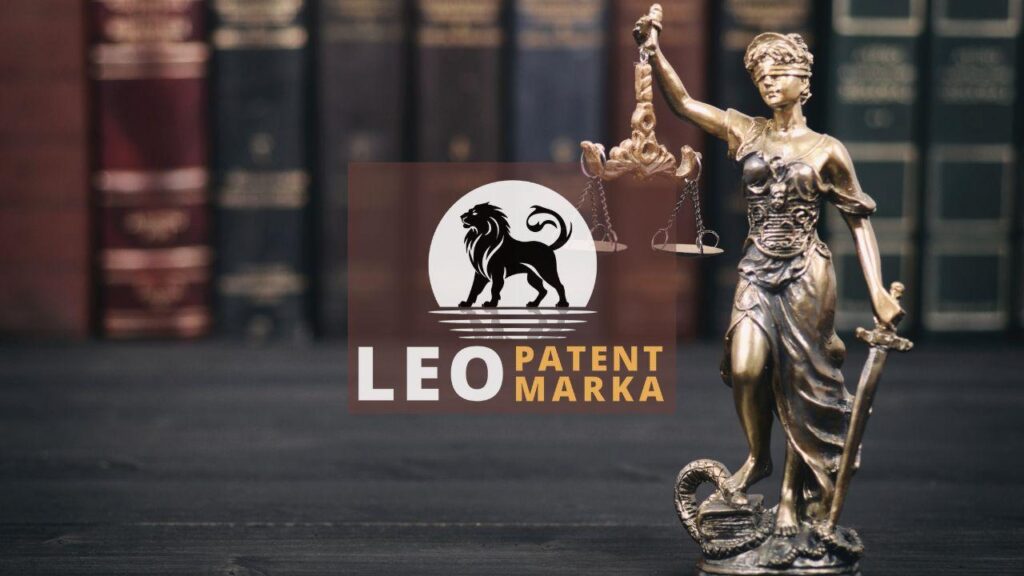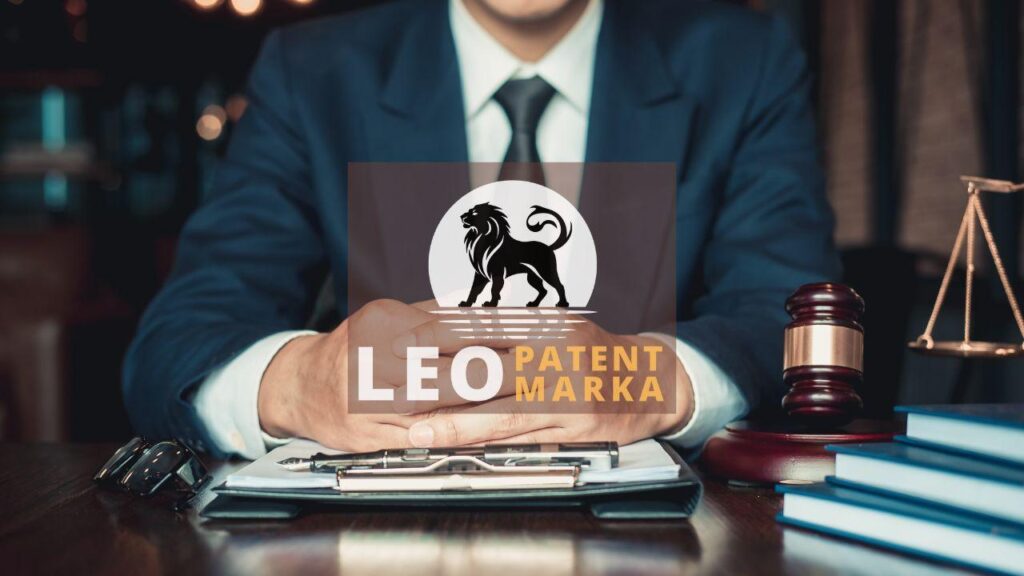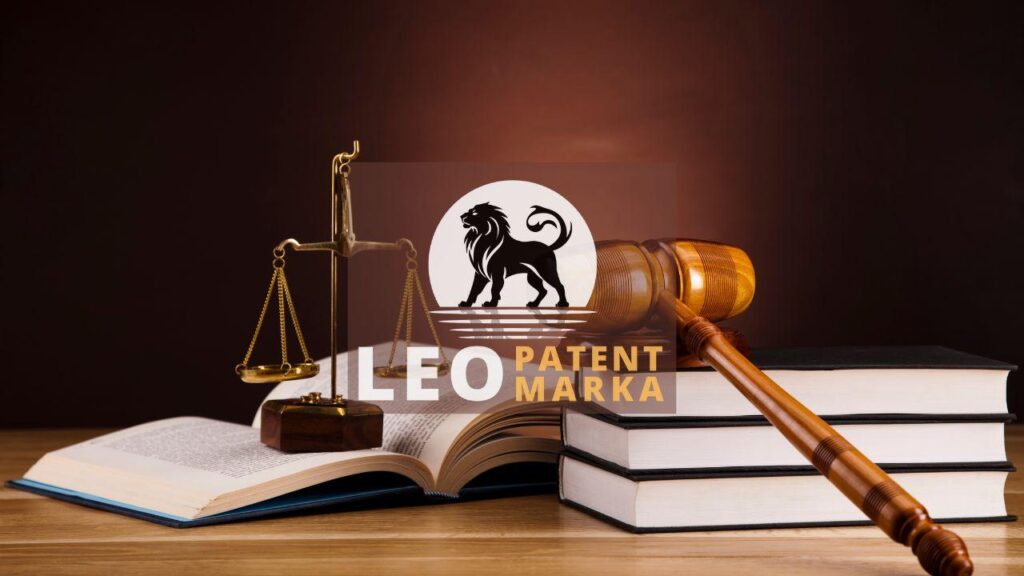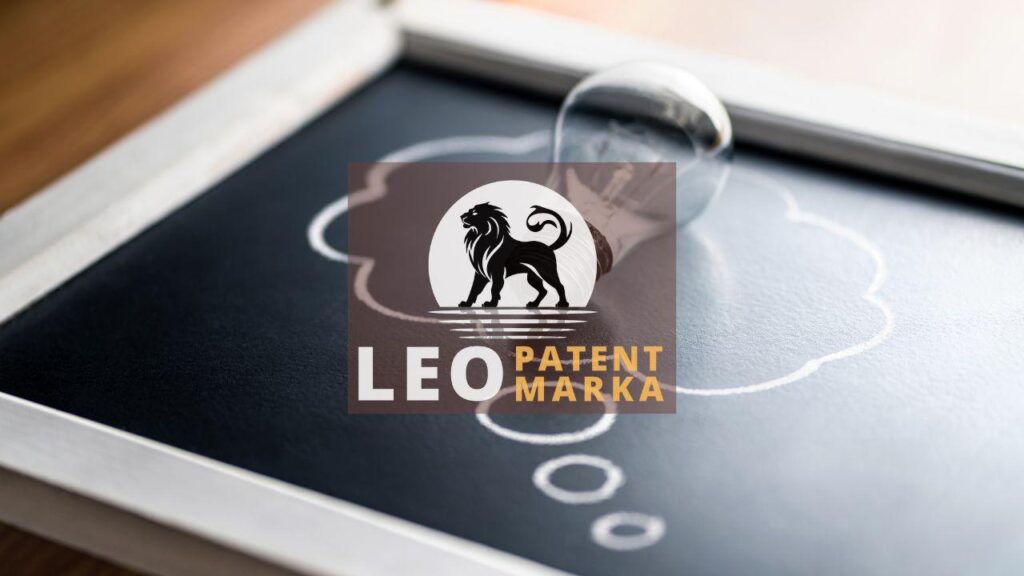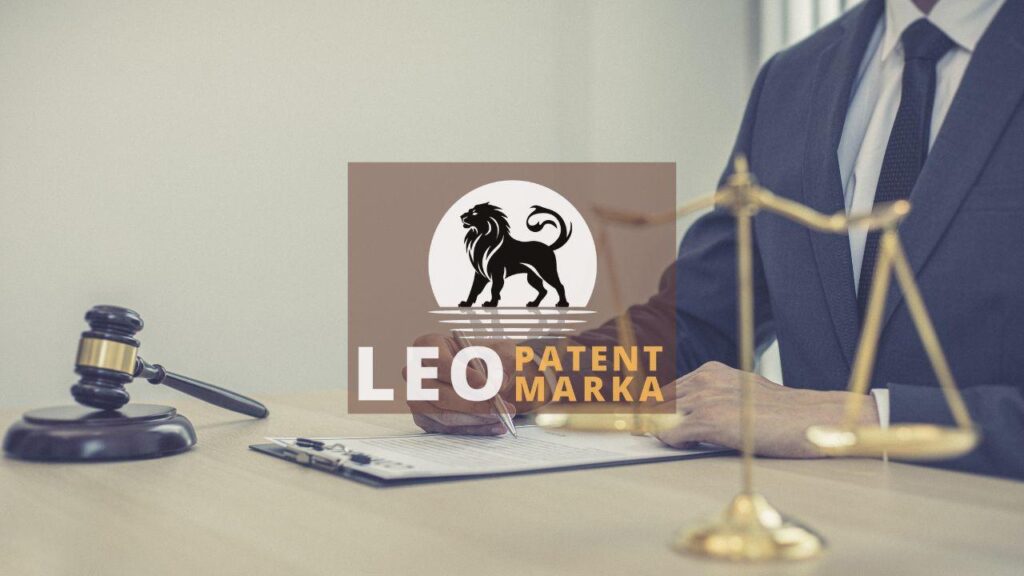In the complex landscape of intellectual property rights in Turkey, navigating the intricacies of design objections can be a daunting task for many. At Leo Patent, we understand the significant investment of time, creativity, and resources that go into developing unique designs, and the impact that an objection can have on your business. Our team of experienced professionals specializes in guiding clients through the design objection defense process, ensuring that your intellectual property is adequately protected and your innovations continue to thrive. In this blog post, we will explore the key aspects of defending against a design objection within the Turkish legal framework and offer strategic insights to strengthen your case, providing you with the robust defense necessary for your creative visions.
Legal Grounds for Defending Design Objections in Turkey
In Turkey, defending against design objections primarily involves addressing specific legal grounds under the Industrial Property Law No. 6769. The key factors typically scrutinized by Turkish Patent and Trademark Office (TurkPatent) include novelty, individual character, and the non-functional aspects of the design. A design must be new and possess an individual character that distinguishes it from pre-existing designs to overcome an objection. Demonstrating that the design is not solely dictated by technical function can further strengthen your defense. Utilizing thorough documentation and expert analysis, Leo Patent helps clients present a compelling case that aligns with these legal criteria, thereby maximizing the chances of a successful defense.
One of the foundational approaches in defending against design objections is to provide substantial evidence of the design’s novelty and individual character. This can be achieved through presenting prior art searches, market surveys, and comparative analyses that clearly differentiate your design from others. Additionally, emphasizing the creative process behind the design and highlighting unique elements that are not purely functional can significantly bolster your case. At Leo Patent, we assist clients in meticulously gathering and organizing this evidence to construct a persuasive narrative. By systematically addressing the criteria set forth by TurkPatent, we help ensure that every angle is covered, thereby reinforcing the originality and distinctiveness of your design.
Moreover, it is crucial to anticipate and counter any potential arguments or evidence presented by the opposing party that may challenge the validity of your design. Engaging in a proactive approach, such as preparing rebuttals to claims of similarity or functionality, can be pivotal in swaying the decision in your favor. Our team at Leo Patent not only focuses on accentuating the strengths of your design but also on identifying and neutralizing weaknesses in the opponent’s objections. By leveraging our comprehensive understanding of Turkish intellectual property law and strategic litigation tactics, we craft a robust defense strategy tailored to your unique situation. This thorough and preemptive preparation ensures that your design is well-defended, thereby safeguarding your creative assets and maintaining your competitive edge.
Key Strategies for Successful Design Objection Challenges
When facing a design objection in Turkey, it is crucial to embark on a strategic approach to ensure a favorable outcome. One of the key strategies involves conducting a thorough review of the objection notice to understand the specific grounds on which the objection is based. At Leo Patent, we stress the importance of collecting robust evidence to support the uniqueness and originality of your design. This may include presenting prior art, demonstrating the distinctiveness of the design elements, and compiling comprehensive documentation that highlights the innovative aspects of your creation. By proactively addressing the objections with relevant, well-substantiated arguments, clients can significantly bolster their case, increasing the likelihood of a successful defense.
Another critical component in challenging a design objection is leveraging expert testimony to substantiate the originality and distinctiveness of your design. Engaging industry experts who can provide professional opinions on the uniqueness and innovation of your creation can substantially strengthen your defense. Expert analysis can offer a detailed comparison between the disputed design and prior designs, thus highlighting the novel features and creative elements that set your design apart. At Leo Patent, we collaborate with a network of seasoned experts to ensure that our clients’ designs receive the authoritative validation they need. This supportive evidence can be pivotal in swaying the decision in your favor, showcasing the design’s contribution to the industry and reinforcing its value in the market.
Moreover, effectively communicating your design’s market impact and consumer reception can also play a vital role in overcoming objections. Documenting and presenting evidence of market acceptance, such as sales figures, customer feedback, and endorsements from industry leaders, can underscore the commercial success and public recognition of your design. This not only solidifies the design’s significance but also its economic value, demonstrating that it has garnered substantial interest and support. At Leo Patent, we help clients compile and present compelling market evidence, emphasizing the practical benefits and competitive edge their design provides. By coupling market validation with robust legal and expert support, we craft a comprehensive defense strategy that addresses objections from multiple angles, ultimately enhancing the likelihood of successfully defending your design rights in Turkey.
Recent Case Studies and Their Impact on Design Rights
Recent case studies in Turkey have shown that a well-prepared defense is crucial in overcoming design objections. For instance, in one notable case, a local fashion brand faced an objection to their innovative clothing design, initially deemed too similar to an existing registered design. Through meticulous research and comprehensive evidence presentation, including side-by-side design comparisons and expert testimonies, the brand successfully demonstrated the uniqueness of their creation. This case not only safeguarded the brand’s intellectual property but also set a precedent emphasizing the importance of detailed documentation and expert support in design objection defenses. At Leo Patent, we leverage these learnings to craft personalized strategies, ensuring each client’s unique designs are protected under Turkish law.
In another significant case, a tech company faced objections regarding the design of their groundbreaking wearable device. Authorities initially argued that the design elements were not distinct enough from existing products, thus challenging the company’s innovation claims. At Leo Patent, we guided our client through an in-depth analysis of the technological and aesthetic nuances of their design, contrasting it with prior examples. We prepared an exhaustive dossier highlighting the functional and stylistic differences, supplemented by third-party expert assessments. The defense underscored the device’s originality and technological advancements, ultimately leading to a favorable ruling. This case underlines the critical nature of expert-driven documentation and in-depth comparative analysis in defending design rights within Turkey’s legal landscape.
These case studies underline the importance of a tailored approach when managing design objections in Turkey. They highlight that successful defense strategies must be bespoke, leveraging industry-specific insights and contemporary examples to substantiate the distinctiveness of the design in question. By understanding the unique nuances of each case and utilizing a combination of detailed comparative analysis, expert testimony, and strategic documentation, Leo Patent ensures that each client is equipped with a robust defense. This holistic strategy not only helps overcome objections but also strengthens the overall protection of their design rights, thereby fostering innovation and safeguarding their market position. Trusting experienced professionals in this intricate process can make the difference between a design being rejected or successfully upheld.
Disclaimer: This article is for general information purposes only and it is recommended that you consult experts and companies in that field to evaluate your specific situation. We are not responsible for any damage that may arise from the use of the information in this article.
